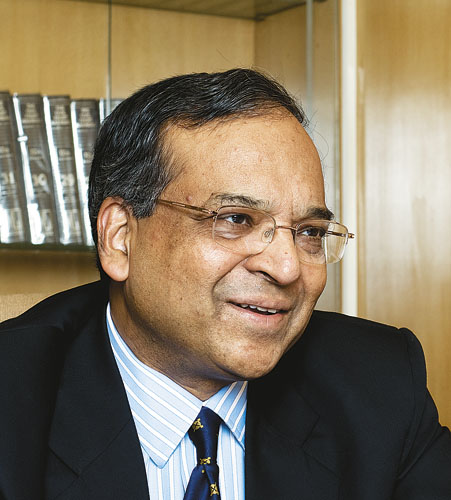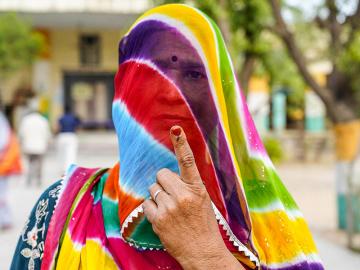
Cutting 'em to Size
Competition Commission of India chairman Dhanendra Kumar explains the implications of the Competition Act to Forbes India
Name: Dhanendra Kumar
Age: 62 years
Interests: Music, Indian Art and Culture
Qualification: An Indian Administrative Service (IAS) officer (1968 batch). Physics (Electronics) graduate from University of Allahabad.
Work Experience: Resident director of India Investment Centre, London, from 1983 to 1986; Kumar joined the World Bank as executive director in charge of India, Bangladesh, Bhutan and Sri Lanka. He was chairman and managing director, Rural Electrification Corporation, under the Ministry of Power from May 2002 to October 2002. Additional secretary, Department of Telecommunication and secretary, Telecom Commission from September 1998 to May 2002.
When does competition become unhealthy?
We see competition as the process of rivalry among businesses to win customers. It is expected that the process of competition should bring in the best — what is best in terms of prices and quality — where the consumer should have either choice. We do not define competition in terms of market share. Nor is there a threshold except in the case of mergers and acquisitions. For instance, in section 5 of the Competition Act which deals with M&As, we have defined thresholds of Rs. 1,000 crores of assets or Rs. 3,000 crores turnover.
Markets today are global; therefore enterprises need to be of a certain minimum size to be able to compete in the global market place. Do you fragment domestic competition such that a company remains a pygmy or do you encourage it to push for greater market share in its global ambition?
It is not our concern to check monopolies – that was the concept under the Monopolies and Restrictive Trade Practices Act, 1969 (MRTP). The Competition Act is a promotional, not a restrictive act. It punishes abuse of dominant position not dominance per se. A firm is free to grow as large as it pleases, or achieve as big a market share as it can. Firms can achieve dominant position legitimately through innovation or greater entrepreneurial effort, and many practices that on the surface look anti competitive can actually also serve very legitimate pro competitive functions.
How do you determine if a company has abused its monopolistic position?
If a group of enterprises or persons enter into an agreement meant to block the entry of others, to us, that’s the definition of a cartel abusing its power. Or if there is a situation of predatory pricing, if a dominant entity starts selling wares costing Rs. 10 but sells them at Rs. 2, then it drives everyone out and finally then sells those same products at Rs. 20 — that would be something we would look into very seriously. Other benchmarks like limiting production or provision of services of other entities, “bid rigging” which is the manipulation of the process of bidding — any of these practices by a dominant enterprise is looked upon as abuse.
How does the CCI determine if there is a situation worthy of investigation?
Under section 19 of the Competition Act (2002), if any reference is made to us or even if the case is brought up suo moto, we can look into various dominant positions. Only once there is prima facie that there is a case, then under section 26, the commission may ask a Director General of the CCI to launch an investigation.
What cases are you currently hearing?
We have seven cases already under active consideration. Normally we don’t like to talk about the details of the cases but I can tell you they pertain to important matters on public policy. Specifically, we are looking at cases relating to the broadcasting sector, that is, the media and entertainment industry.
Has the Ambani dispute come to your notice?
No. There has been no reference made to us on this issue at all. The commission can look at any situation provided a competition angle is involved. If a reference comes before us we would scrutinise all the data, certainly.
Do you have the powers to stop a company you think is abusing its market power?
Yes, definitely. We can impose penalties up to 10 percent of the annual turnover in case of cartelisation. We can pass cease and desist orders.
(This story appears in the 06 November, 2009 issue of Forbes India. To visit our Archives, click here.)















